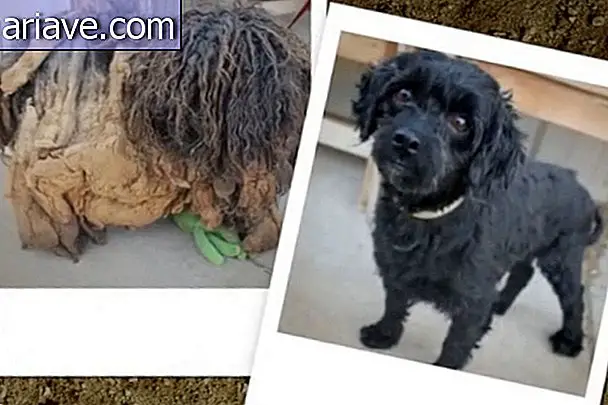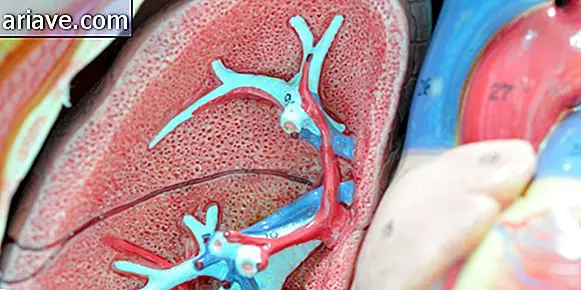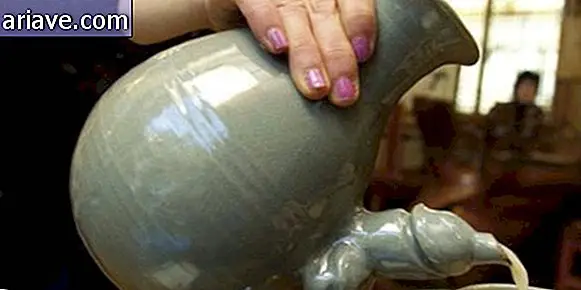Scientists can already develop whole organs inside animals
Researchers have had great success developing whole organs in controlled laboratory environments, but repeating this feat within an animal's complex body would be a bit confusing, wouldn't it? However, scientists at the University of Edinburgh achieved this incredible feat for the first time.
They were able to develop a thymus (organ located in the thoracic cavity) within laboratory mice by reprogramming genes into regenerative tissue cells. The team did not use any tricks to trigger growth; they simply injected the cells and waited. The organs were full size and efficient in producing virus-fighting T cells.
The problem, as you may have guessed, is the scale. Rats are not as difficult to work as humans and the thymus is one of the simplest organs in any animal. But it would not be so easy to give the animal a new heart or lung. Nevertheless, the University continues to make great strides in this research.
If all goes well, patients will not have to wait for donors whose tissues are good, and people who have lost much of their immune system (such as bone marrow transplant recipients, for example) could recover more quickly. It will not be possible to get organs on demand at any time, but the concept is no longer as absurd as it once was.











